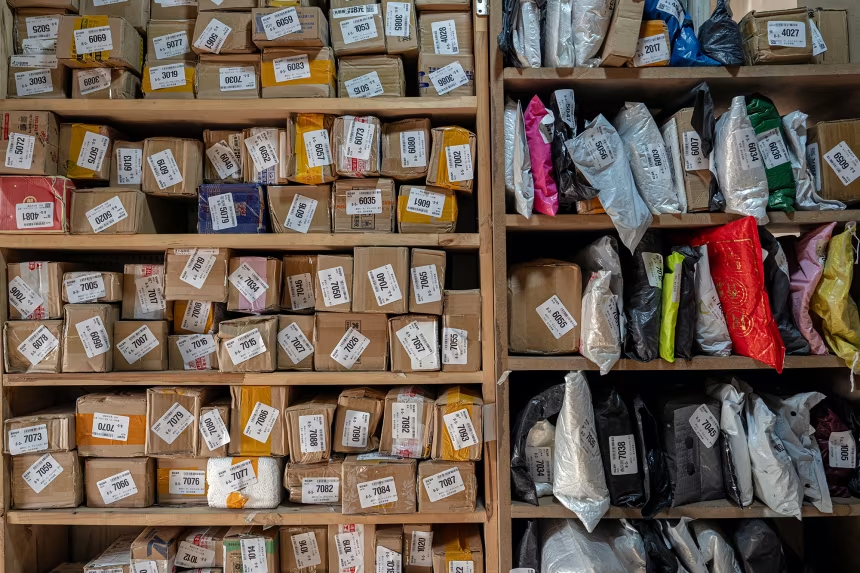For decades, U.S. shoppers enjoyed cheap goods from abroad thanks to a loophole known as the de minimis exemption. It allowed packages valued under $800 to enter the country duty-free, fueling the rise of global e-commerce platforms and making low-cost imports a staple of American consumer culture. That era officially ended on August 29, 2025, as the exemption was repealed—ushering in steep new tariffs on billions of shipments each year.
Under the new rules, every package—no matter how small or inexpensive—will now face tariffs or flat fees. For consumers, that means higher costs at checkout, with total prices expected to rise by 10% to 50% depending on the goods and their country of origin. Shippers may choose to pay flat fees of $80 to $200 per package, but those costs are likely to be passed down to buyers.
The impact has been immediate. Major postal services in more than 25 countries, including India, Switzerland, and Australia, have already paused shipments to the U.S., citing confusion over compliance and cost uncertainty. Global sellers, from independent artisans to big-box e-commerce platforms, are scrambling to adjust by stockpiling products in U.S. warehouses or raising prices sharply.
Supporters of the policy argue it will protect American manufacturers, generate as much as $10 billion in annual revenue, and reduce reliance on cheap foreign imports. Critics, however, warn that the move disproportionately hurts lower-income consumers, many of whom relied on affordable international goods for clothing, electronics, and household items.
The decision marks a major shift in U.S. trade and consumer culture. What once made global shopping seamless and affordable has now been replaced with new barriers that will reshape how Americans buy everyday goods. As tariffs ripple through supply chains, the world’s e-commerce ecosystem faces an uncertain future.


